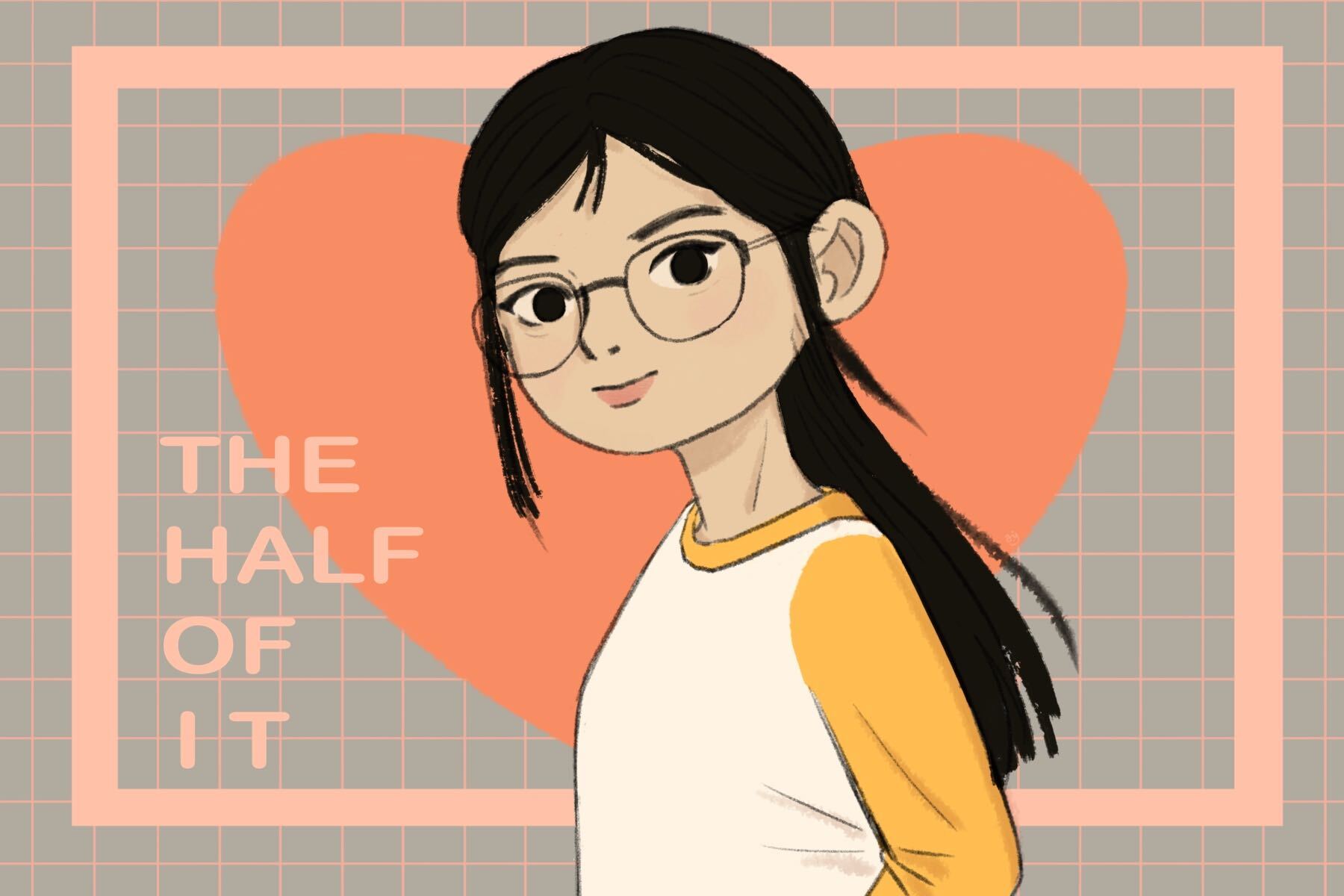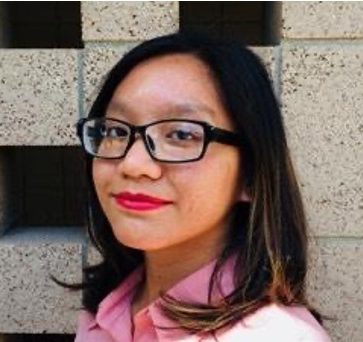Do you remember navigating puberty while dealing with high school drama? No? I try not to think about it either. But when a friend recommended me the Netflix film “The Half of It,” I knew I had to watch it.
Released on May 1, “The Half of It” is a coming-of-age film directed by Alice Wu, who debuted with her 2004 rom-com “Saving Face.” “The Half of It” tells the story of a straight-A Chinese American student Ellie Chu who has a running business of doing her peers’ homework for money. When Paul Munsky approaches her with the request to write a love letter to his crush, Aster Flores, she initially refuses before complying. This film explores how Ellie bonds with Paul, and her own growing crush for Aster.
A queer rom-com starring a first-generation Chinese American character? Sign me up.
Ellie’s Immigrant Family Story
What struck me about the trailer before the movie’s release was the authenticity of Ellie’s ethnic background. The movie proved to be even more true-to-life. It’s all about the little details that make me love the film even more.
Ellie’s widowed father, Edwin, settled in the small town Squahamish as the train station master when Ellie was young. Originally, he wanted to find an engineering job in the U.S. but a Ph.D. earned in China matters little across the ocean, especially if you can’t speak English fluently. His career was over before it even started.
As a second-generation Asian American, I see this happen a lot to many first-generation immigrants who come when they are older. It’s not uncommon to know someone who takes a lower-paying job because the language barrier prevents them from pursuing a career that matches their credentials.
Growing up in a single-parent household has its struggles, and “The Half of It” captures the difficulties of widowhood on top of that. For Ellie, she spent her childhood taking over her father’s tasks as the station master. She had to learn how to shoulder responsibilities at a young age.
It’s the reason why she runs a paper-writing business for her classmates: to help pay the bills. As a fluent English speaker, Ellie also has to perform household errands that necessitate communicating in English. “The Half of It” does a great job of showing the burden of language brokering — when a bilingual child has to translate and interpret on their family’s behalf.
I admire Ellie’s persistence when she’s put on hold with the utility company throughout her day at school. In my family, I had similar experiences when I had to speak with other adults, such as a banker or a government official. It’s frustrating and stressful because I didn’t want to deal with grown-up stuff as a child. What if I misinterpreted something?
Bilingual children from immigrant backgrounds have to learn all kinds of jargon — from financial terminology to medical conditions. For Ellie, she seems to assume all of these duties as her own despite being the child.
Girl Meets Girl: Only Half the Story
Now imagine nursing a crush and questioning your sexuality while juggling academics and other priorities, such as college applications. Ellie Chu and Aster Flores grew up going to the same schools and same church, but they never interacted until Ellie starts writing love letters for football jock Paul Munsky.
Although the letters begin as a transaction, Ellie becomes invested in wooing Aster herself. Sometimes she forgets that she’s writing under Paul’s name. All the same, she hides her feelings deep within her, unable to name it.
After all, bros before hoes, right? As she plays the middle man between Aster and Paul, she becomes close friends with Paul who’s obsessed with taco sausage. While Ellie loves literature, Paul falls asleep in his attempt to read Kazuo Ishiguro’s “The Remains of the Day.” They’re total opposites and yet, they bond over small things, like drinking Yakult, and their goals in life.
One of my favorite scenes in the movie is when Ellie and Paul play ping pong as Ellie teaches Paul how to make small talk. Ellie reveals her favorite food: braised pork over rice, an iconic dish in Chinese cuisine. Paul’s follow-up question on whether the dish has five spice powder highlights his dedication in crafting his own dish — taco sausage.
But things aren’t so simple, especially in a white conservative small town like Squahamish. The same schoolmates who call Ellie “chuga chuga choo choo” — a slur against her racial identity — are representative of the townspeople who frequent the church for Sunday service. If she’s already singled out as the only Chinese girl, her queer identity would only make it worse.
Because of his heteronormative upbringing, Paul confuses Ellie’s emotional investment as feelings for him. Girls can only like boys and vice versa, right? Aster leaves the scene, feeling betrayed after seeing Paul kiss Ellie. Paul lashes out with a homophobic comment when Ellie confesses her feelings for Aster.
Honestly, it’s a train wreck. Emotions are high and feelings are hurt. Who’s going to end up together? No one. The film ends on an open-ended note as the three reconcile with one another.
For some, this may be a bummer ending for a rom-com film, but I think “The Half of It” shows us that happy endings don’t equate to relationships. Alice Wu tells Collider, “The happiest ending is for what would be best for each of those characters.” For Ellie, Aster and Paul, starting a romantic relationship might not be a great idea when they’re graduating from high school. Each person has their own dreams to pursue; some might be too big to accomplish in Squahamish.
For Ellie, attending Grinnell College is the first step to becoming a writer and poet. It also takes her away from Squahamish and gives her time to experiment with her sexual identity. Even though “The Half of It” ends there, these characters’ lives are just starting.

















